US-based journalist says she was raped by MJ Akbar 23 years ago in India
Fri 02 Nov 2018, 13:21:13
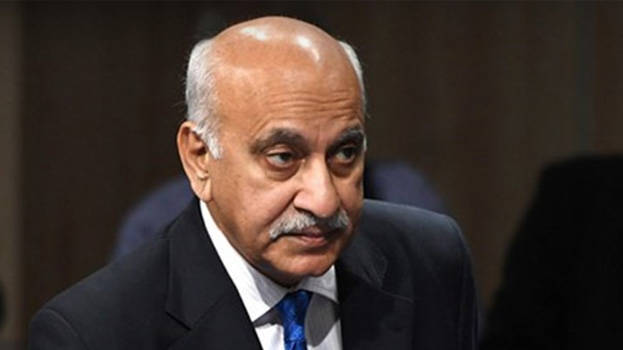
Washington: A US-based editor of a leading media house has accused former Union minister M J Akbar of raping her in India 23 years ago, saying the "brilliant journalist" used his position as the editor-in-chief of a newspaper to prey on her, an allegation denied by his lawyer.
Akbar, 67, who resigned from Prime Minister Narendra Modi's Union Council of Ministers in October after multiple women came out with accounts of alleged sexual harassment, has filed a criminal defamation case against one of them amid the raging #MeToo campaign in India.
The latest allegation of rape was levelled against him by Pallavi Gogoi, the chief business editor of National Public Radio (NPR), a Washington-based American media organisation.
She has detailed the "most painful memories" of her life in an article in The Washington Post.
Akbar's lawyer Sandeep Kapur said: "My client states that these (allegations) are false and expressly denied".
Gogoi said that Akbar, the editor in chief of the Asian Age newspaper at that time, was a brilliant journalist but used his position to prey on her.
"What I am about to share are the most painful memories of my life. I have shelved them away for 23 years," she said, detailing how Akbar physically and mentally harassed her for years while working at the Asian Age newspaper from New Delhi to Mumbai to Jaipur to London.
Gogoi said she was 22 when she joined the Asian Age. She was star-struck working under Akbar. She was mesmerised by his use of language, his turns of phrase and took all the verbal abuse.
At 23, Gogoi became the editor of the op-ed page which was a big responsibility at a young age, she said.
"But I would soon pay a very big price for doing a job I loved.
"It must have been late spring or summer of 1994, and I had gone into his office his door was often closed. I went to show him the op-ed page I had created with what I thought were clever headlines. He applauded my effort and suddenly lunged to kiss me. I reeled. I emerged from the office, red-faced, confused, ashamed, destroyed," she alleged.
The second incident was a few months later when she was summoned to Mumbai to help launch a magazine, she claimed.
"He called me to his room at the fancy Taj hotel, again to see the layouts. When he again came close to me to kiss me, I fought him and pushed him away. He scratched my face as I ran away, tears streaming down. That evening, I explained the scratches to a friend by telling her I had slipped and fallen at the hotel," she wrote in the Post.
When she got back to Delhi, Akbar threatened to kick her out of the job if she resisted him again. But she didn't quit the paper, she said.
One story took her to a remote village a few hundred miles from Delhi and the assignment
was to end in Jaipur. When she checked back, Akbar said she could come discuss the story in his hotel in Jaipur, she claimed.
was to end in Jaipur. When she checked back, Akbar said she could come discuss the story in his hotel in Jaipur, she claimed.
"In his hotel room, even though I fought him, he was physically more powerful. He ripped off my clothes and raped me," she alleged, adding that instead of reporting him to the police, she was filled with shame.
"I didn't tell anyone about this then. Would anyone have believed me? I blamed myself," Gogoi said.
Gogoi claimed that Akbar's grip over her got tighter. For a few months, he continued to defile her sexually, verbally, emotionally. He would burst into loud rages in the newsroom if he saw her talking to male colleagues. It was frightening.
"I cannot explain today how and why he had such power over me, why I succumbed. Was it because I was afraid of losing my job? I just know that I hated myself then. And I died a little every day," she said.
She said that she continued to look for reporting assignments that would take her far away.
Gogoi recalled covering the December 1994 elections. For her excellent work, Akbar said he would send her either to the US or the UK as a reward.
"I thought that finally, the abuse would stop because I would be far away from the Delhi office. Except the truth was that he was sending me away so I could have no defences and he could prey on me whenever he visited the city," she said.
Gogoi alleged that Akbar once worked himself into a rage in the London office after he saw her talking to a male colleague. He hit her and went on a rampage, throwing things from the desk at her a pair of scissors or whatever he could get his hands on. She ran away and hid in Hyde Park.
"I was in shreds emotionally, physically, mentally," she said.
Akbar summoned her back to Mumbai after which she left the job and joined Dow Jones in New York.
"Today, I am a US citizen. I am a wife and mother. I found my love for journalism again. I picked up my life, piece by piece. My own hard work, perseverance and talent led me from Dow Jones to Business Week, USA Today the Associated Press and CNN. Today, I'm a leader at National Public Radio. I know that I do not have to succumb to assault to have a job and succeed.
"Over the years, I have not brought up Akbar in conversations. I've always felt that Akbar is above the law and justice doesn't apply to him. I felt he would never pay the price for what he had done to me," she said.
He has called these allegations "baseless and wild" and has filed a lawsuit against one of the journalists who have spoken out, she said.
"It doesn't surprise me. He feels he is entitled to make up his own version of 'truth' today, just like he felt entitled to our bodies then," Gogoi added.
No Comments For This Post, Be first to write a Comment.
Most viewed from National
Most viewed from World
AIMIM News
Delhi Assembly polls: Owaisi leads Padyatra in Okhla
Feb 01, 2025
We reject this Waqf Amendment Bill: Asaduddin Owaisi
Jan 30, 2025
Latest Urdu News
Most Viewed
May 26, 2020
Which team will win the ICC Men's Champions Trophy 2025 held in Pakistan/Dubai?
Latest Videos View All
Like Us
Home
About Us
Advertise With Us
All Polls
Epaper Archives
Privacy Policy
Contact Us
Download Etemaad App
© 2025 Etemaad Daily News, All Rights Reserved.



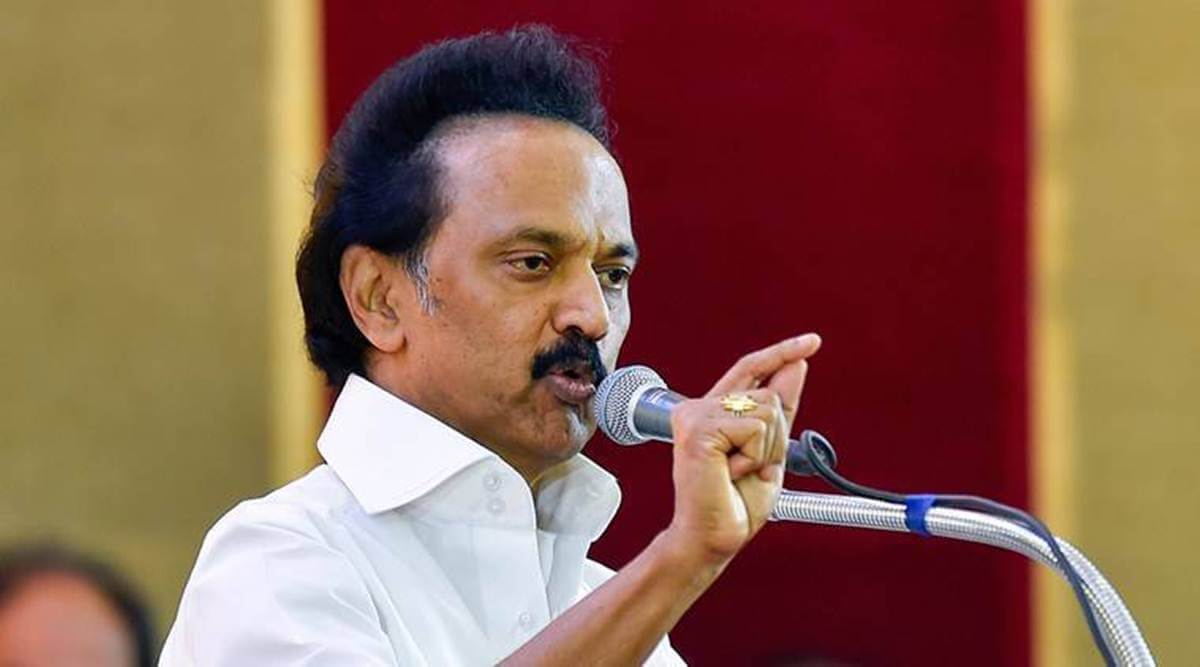

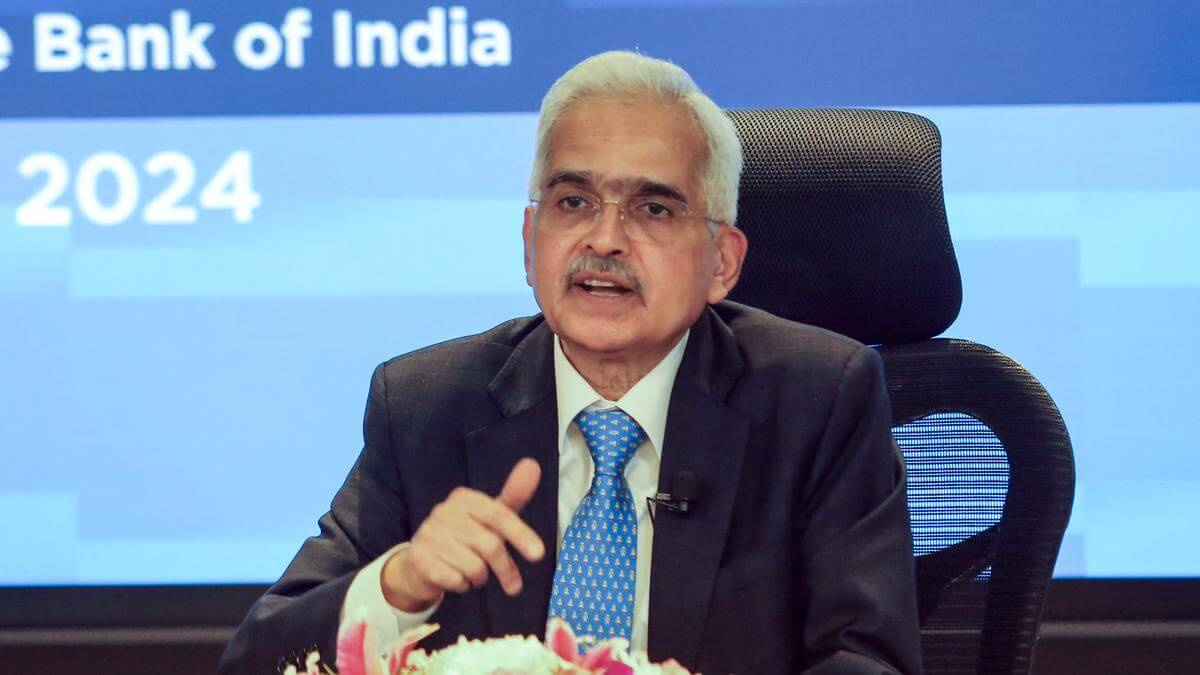
.jpg)
.jpg)
.jpg)
.jpg)
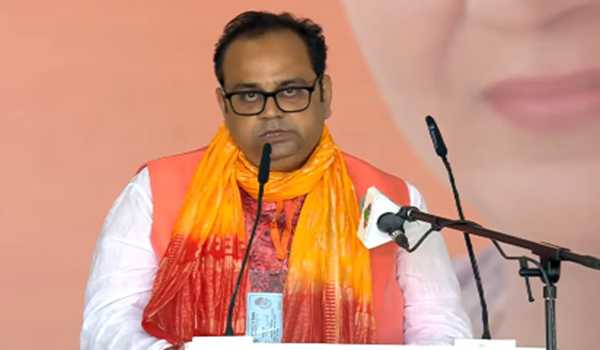
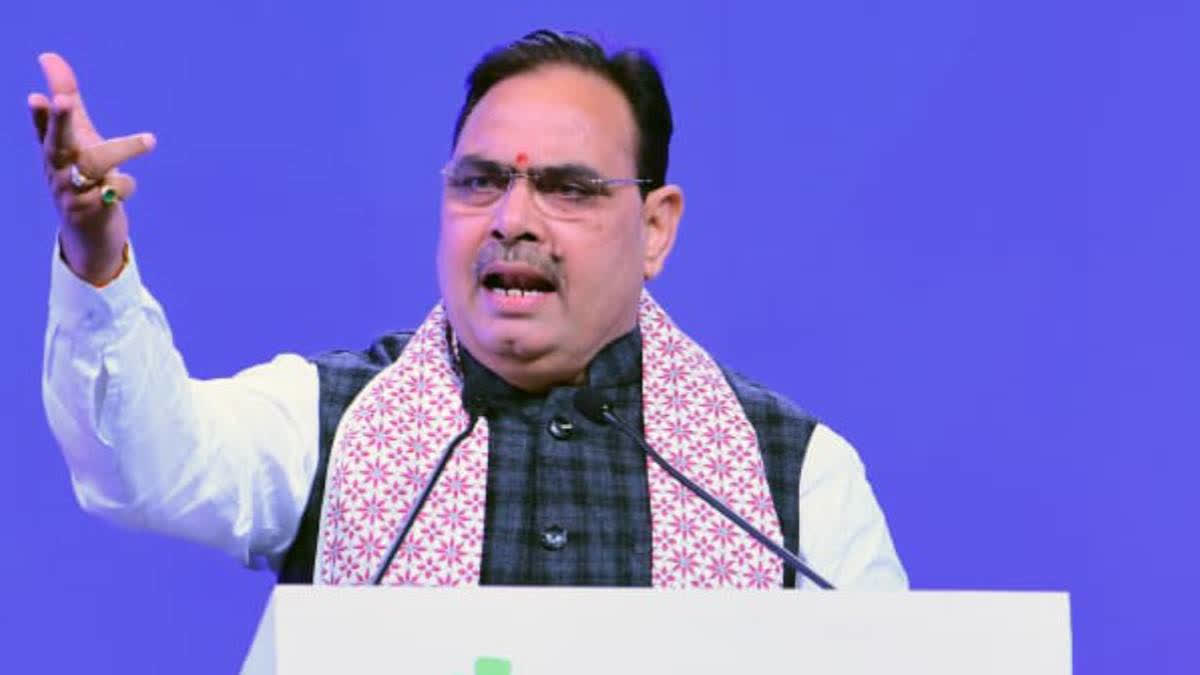

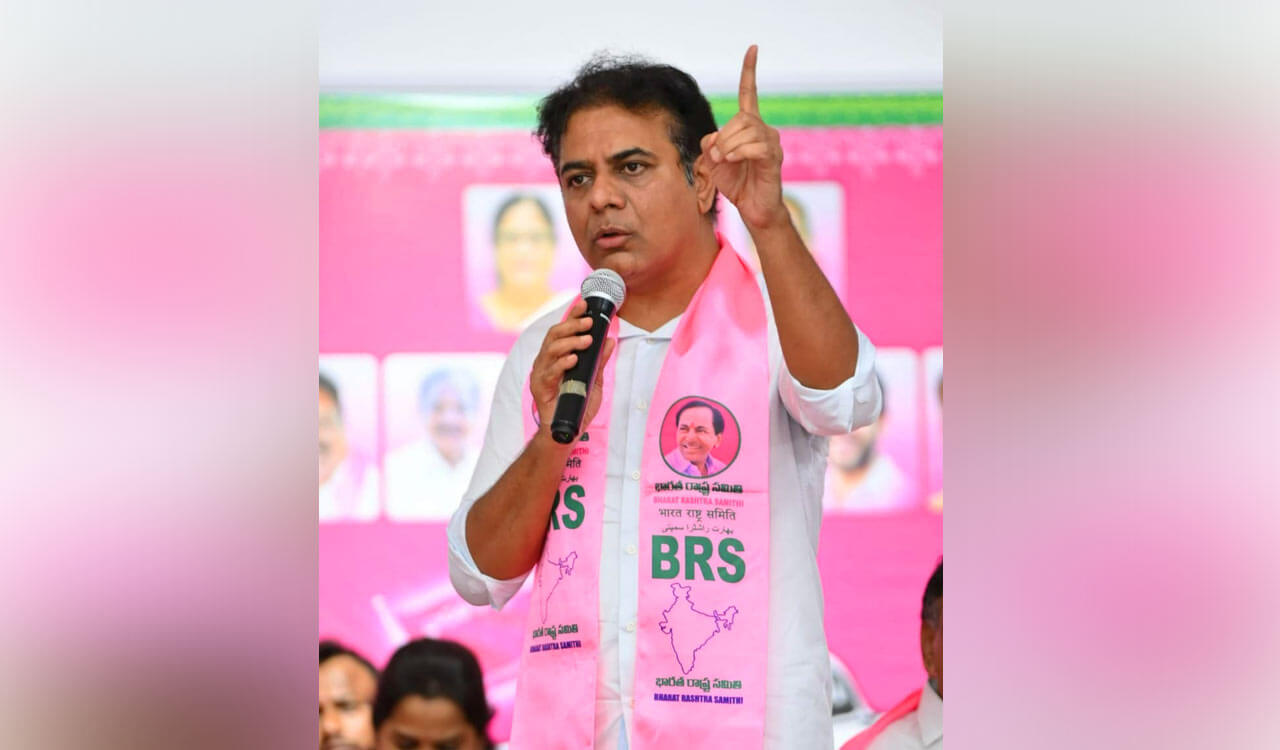
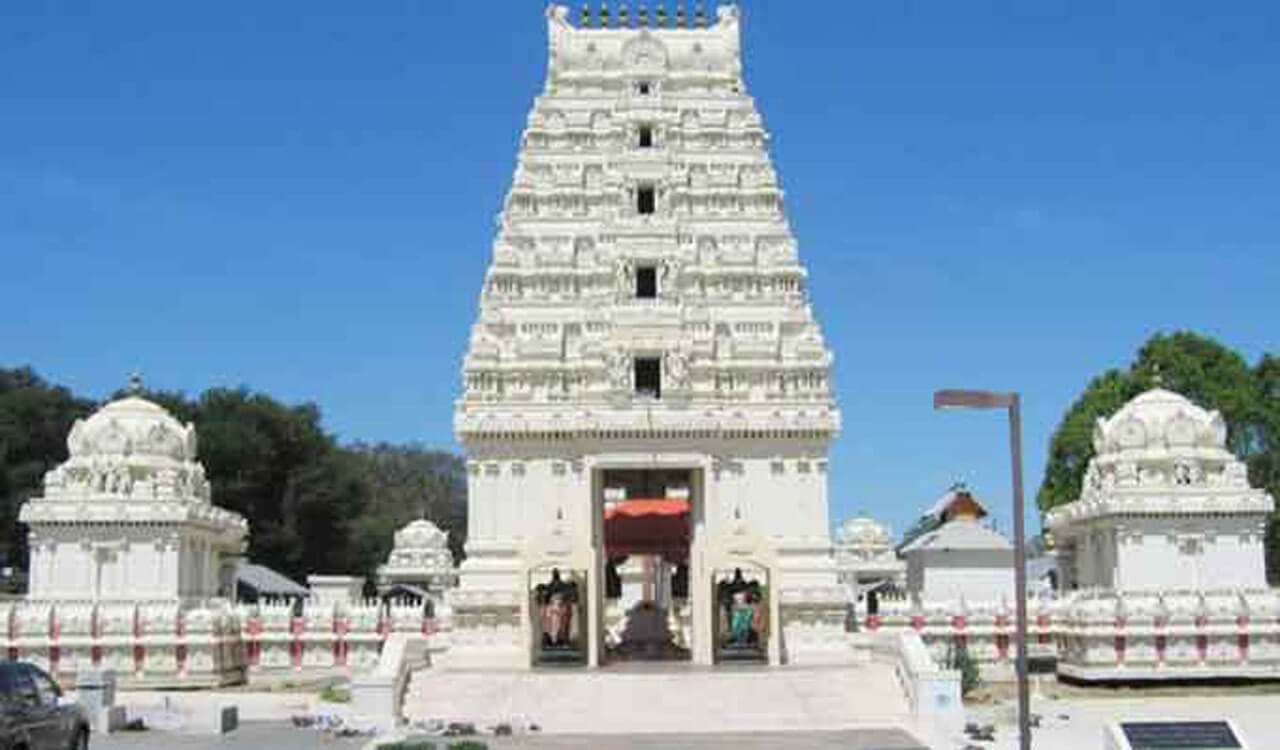

.jpg)
.jpg)
.jpg)
.jpg)






















